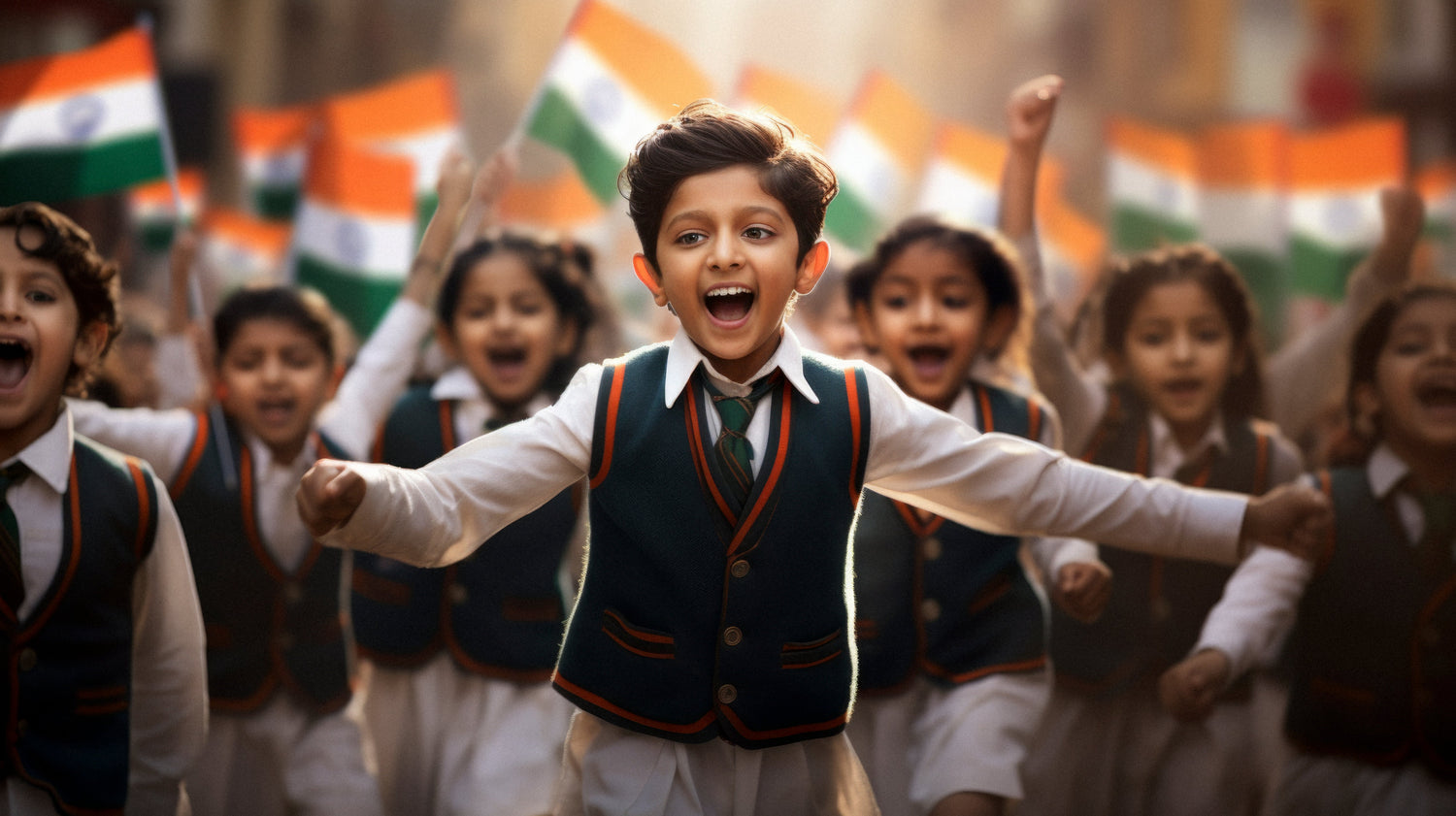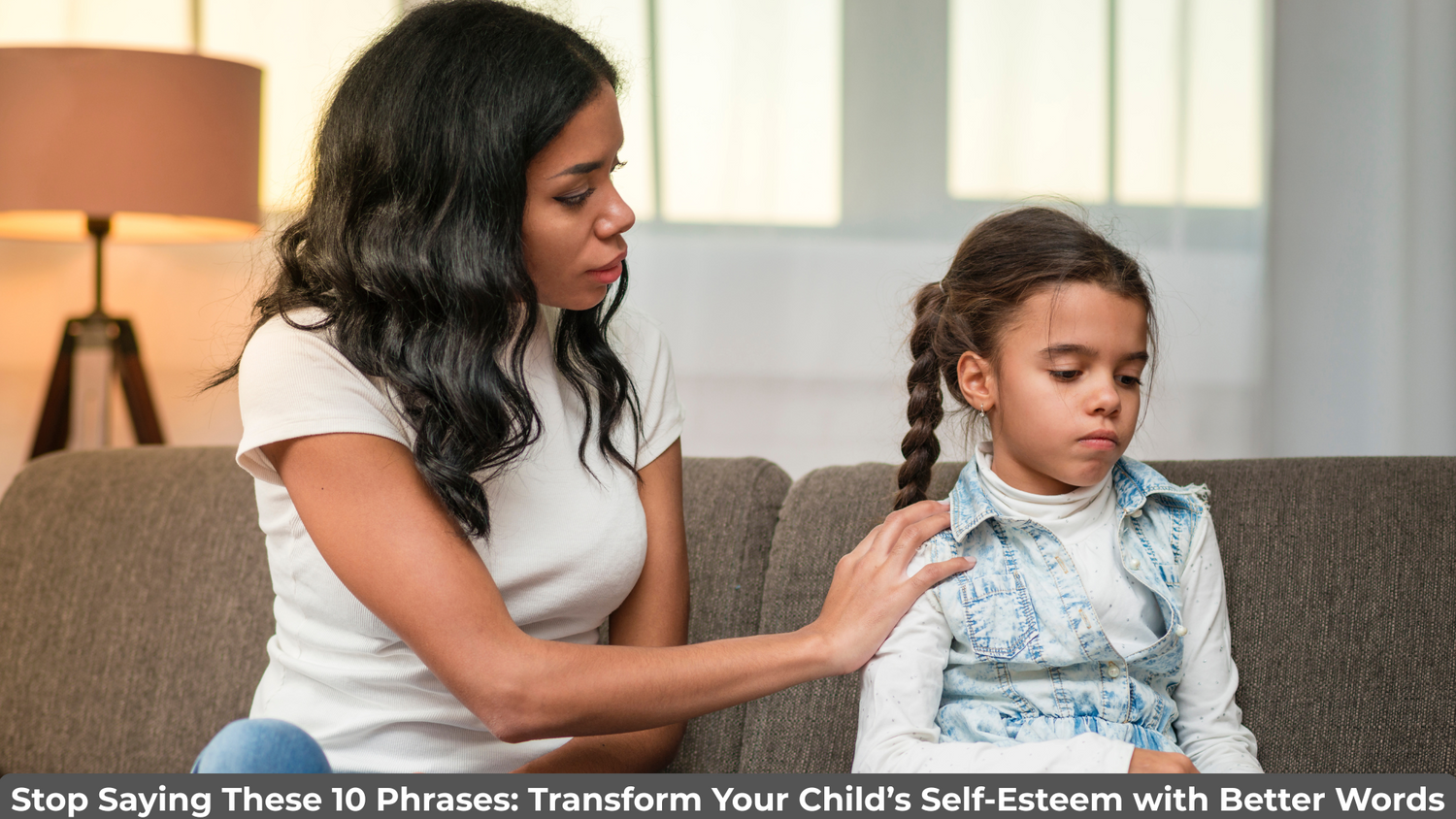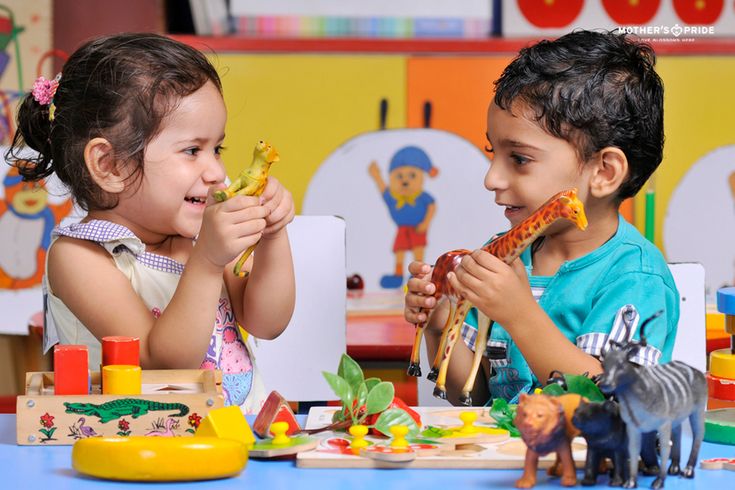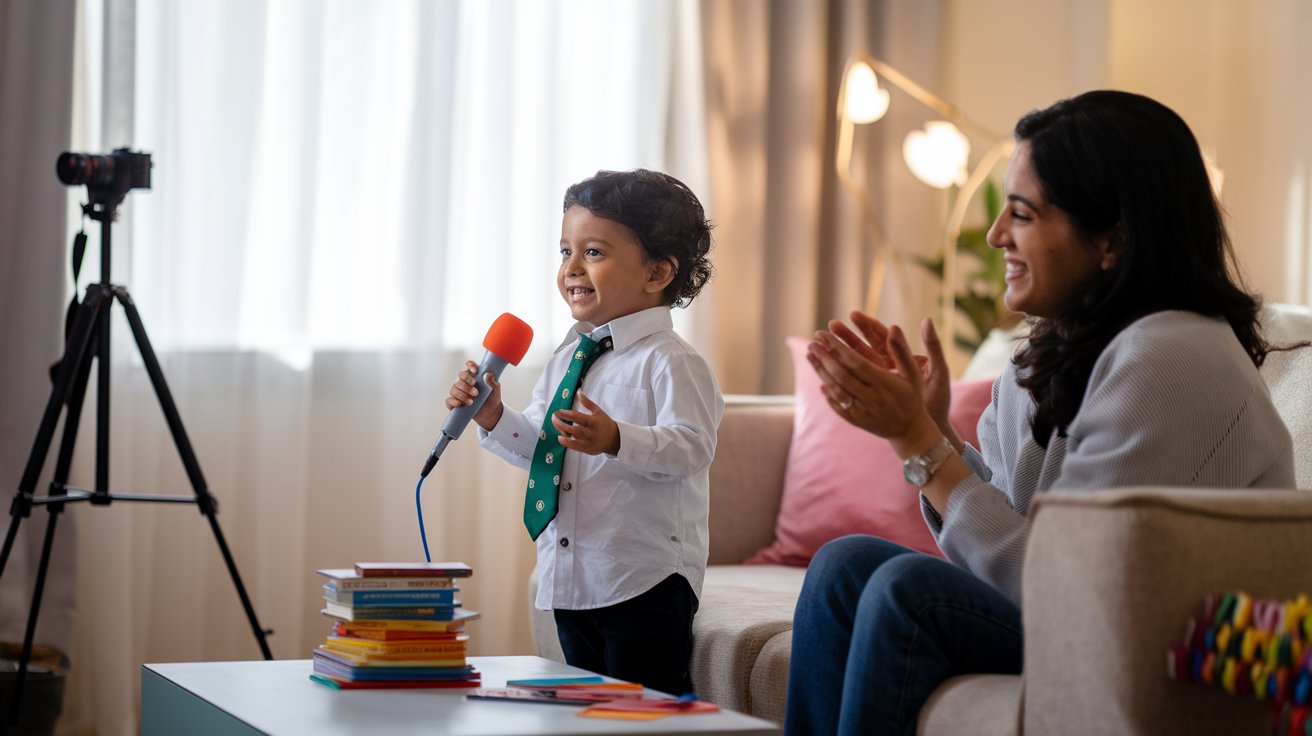I went to a nearby park, and what I noticed left me thinking. One child was busy climbing the jungle gym again and again, trying to go higher each time. Another sat under a tree, arranging stones neatly in a line as if building a secret collection. A group of kids ran around playing “catch-catch,” laughing loudly, while one little girl stood aside, creating an entire imaginary world with just her doll.
It struck me—all children were playing, but each in their own unique way.
This made me curious: Does the way a child plays say something about who they are?
The answer is yes. And this is where the idea of Play Personalities comes in.
What Are Play Personalities?
Every child has a different style of play. Just like adults have different hobbies—some love sports, some love reading, and some love traveling—kids also have their own “play personality.”
Understanding this is important because:
• It helps parents know their child’s strengths.
• It makes choosing the right toys easier.
• It shows us how our child is learning, expressing themselves, and connecting with the world.
Now let’s explore the main play personalities and see which one sounds like your child—along with toys that support them.
1. The Joker:
These are the little comedians who love making everyone laugh.
For example: the child who entertains the family at weddings with funny dances or mimicry.
Best toys for them:
• Puntoon Kids Soft Toys (perfect for silly voices and funny skits)
• Hand puppets or finger puppets
• Interactive party games
Why it matters: Builds confidence, communication skills, and strong bonds with others.
2. The Explorer:
Explorers are curious, adventurous, and always asking “Why?”
For example: the child who keeps opening cupboards or mixes ingredients “just to see what happens.”
Best toys for them:
• Science experiment kits
• Binoculars, magnifying glasses, or outdoor explorer sets
Why it matters: Encourages problem-solving, adaptability, and a love for discovery.
3. The Competitor:
They thrive on winning—whether it’s a race, carrom games, or quiz.
For example: the cousin who argues until they’re declared the winner in Ludo.
Best toys for them:
• Puntoon Kids Magnetic Math Activity Game (makes learning numbers and sums exciting by turning them into mini-competitions)
• Board games like chess or snakes & ladders
• Sports sets (cricket, badminton, football)
Why it matters: Builds resilience, focus, and the ability to set and achieve goals.
4. The Director:
Natural leaders who love planning, assigning roles, and setting rules.
For example: the child who insists, “I’ll be the teacher, and you be the student.”
Best toys for them:
• Puntoon Kids Montessori Wooden Tool Kit for Kids (perfect for directing and organizing play as they “build” and assign roles)
• Pretend play sets (kitchen set, doctor kit)
• Group board games that involve rules and strategy
Why it matters: Develops leadership, organization, and teamwork skills.
5. The Collector:
Collectors love gathering things—stickers, stones, toy cars, or knowledge.
For Example: The child who proudly shows their eraser or coin collection.
Best toys for them:
• Puntoon Kids Educational Flashcard Kits (perfect for kids who love organizing and flipping through sets)
• Stamp or sticker books
• Mini car or doll collections
Why it matters: Boosts patience, focus, and deep interest in specific subjects.
6. The Creator/Artist:
Creators enjoy making things—drawing, building, or crafting.
For Example: The child who turns every cardboard box into a rocket ship.
Best toys for them:
• Puntoon Kids DIY Activity Kits for Kids (encourages hands-on creation)
• Wooden building blocks or Lego
• Art and craft supplies (paints, clay, origami kits)
Why it matters: Enhances imagination, innovation, and emotional expression.
7. The Storyteller:
These kids weave magical worlds with dolls, toys, or even their imagination.
For example: the child who makes their toy kitchen a full restaurant with menus, waiters, and customers.
Best toys for them:
• Puntoon Kids Educational Kits as well as Soft Toys (each can become part of their story play)
• Dolls and action figures
• Story-building card games or picture books
Why it matters: Strengthens empathy, creativity, and language skills.
Why Should Parents Care?
Knowing your child’s play personality helps you:
-Pick toys that truly match their interests.
-Encourage their strengths instead of forcing them into something they don’t enjoy.
-Connect with them better—because you start to see play through their eyes.
And remember, no child is just one type. Most children are a mix, and that’s what makes them wonderfully unique.
Final Thoughts
The next time you watch your child play, notice closely—are they the Joker making everyone laugh, the Explorer discovering, or the Storyteller weaving tales?
Because play isn’t just fun—it’s the window into your child’s personality and growth.
At Puntoon Kids, we design toys and educational kits that support every play personality—whether your child is curious, creative, competitive, or imaginative.
So, what kind of player is your child?








